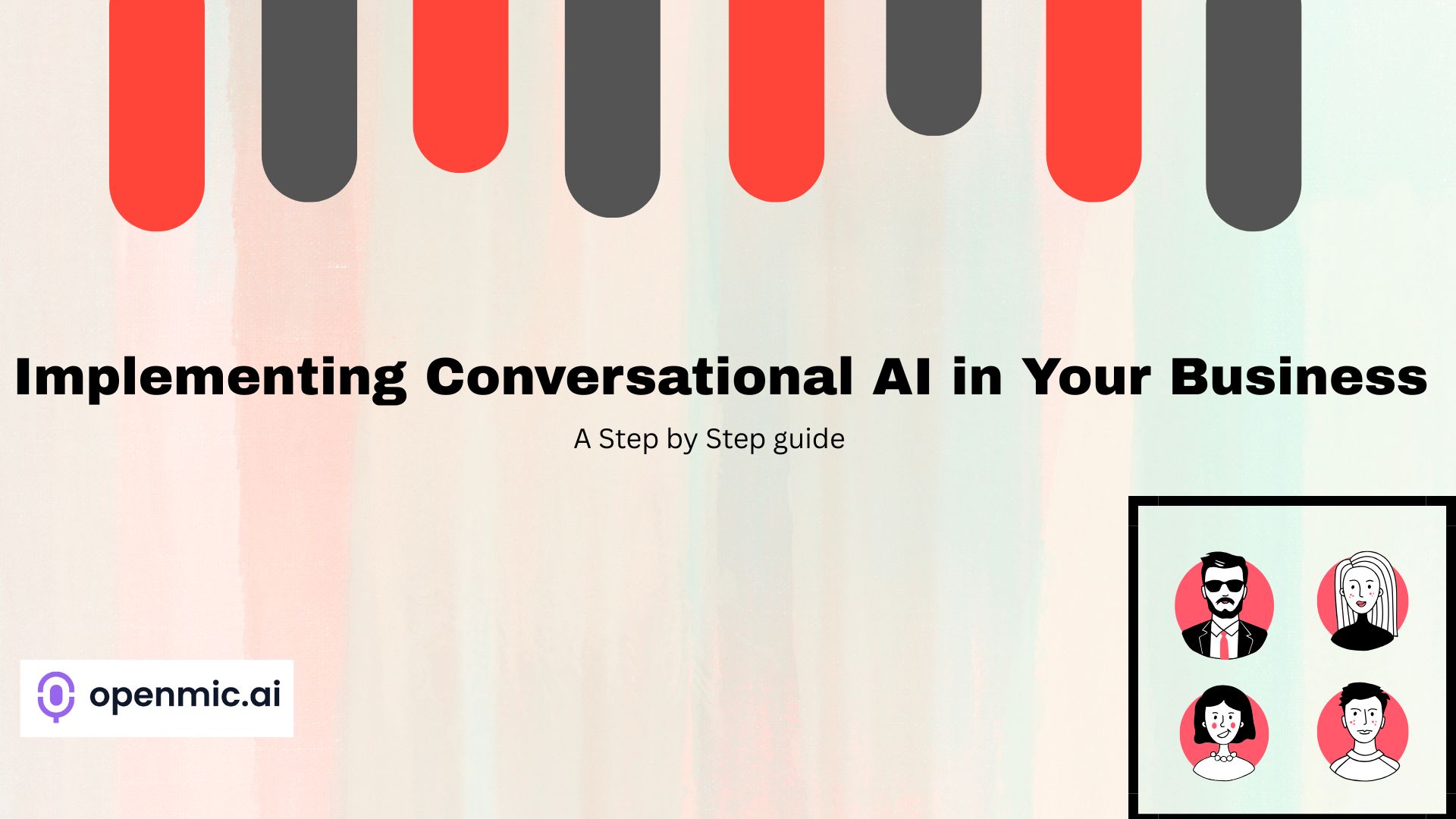The healthcare industry is constantly evolving, and in 2024, one of the most significant advancements is the integration of Artificial Intelligence (AI) in healthcare to elevate patient care. While challenges remain, AI presents a transformative opportunity to improve patient care delivery, enhance operational efficiency, streamline administrative burdens and staff shortages, and handle administrative burdens.
Identifying Healthcare Pain Points: A Growing Need for Automation
Why Automation in Healthcare? You ask. A well-documented concern within healthcare systems is the shortage of qualified personnel. This, coupled with the time-consuming nature of administrative tasks, creates a significant strain on healthcare providers. A 2016 World Health Organization report highlights this critical staffing issue, emphasizing the need for innovative solutions. Fortunately, AI offers a promising answer. According to a McKinsey report, AI has the potential to automate up to 70% of these repetitive tasks, allowing clinicians to dedicate more time to direct patient care and interaction.
How Voice AI Agents are Driving Automation in Healthcare
One area where AI shines is Conversational AI or chatbots powered by natural language processing (NLP). These virtual assistants address a significant pain point – the burden of administrative tasks. Conversational AI chatbots can manage a wide range of patient interactions.
Introducing OpenMIC: Build your own Custom Voice AI agents.
Openmic Voice AI offers a comprehensive suite of features to streamline workflow and improve patient care delivery. These features include:
- 24/7 Patient Support: Providing immediate answers to frequently asked questions, scheduling appointments, and processing insurance inquiries allows patients to receive prompt and efficient care.
- Personalized Patient Reminders: Automated appointment reminders and medication adherence prompts improve patient outcomes and reduce appointment no-shows.
- Streamlined Insurance Verification: Conversational AI can guide patients through the insurance verification process, accelerating care delivery and boosting administrative efficiency.
- HIPAA and PHI Compliance: Leading AI solutions prioritize patient privacy and security. Openmic Voice AI, for instance, ensures sensitive data remains protected through HIPAA and PHI compliance.
Quantifiable Benefits for Healthcare Providers
Dr. Smith, a Satisfied Healthcare professional, Says: "Openmic Voice AI has been a game-changer for our practice. Automated repetitive tasks with a voice assistant that sounds like a real person has freed up our teams to actually help out our patients. It's a win-win for everyone!"
The Numbers Don't Lie: The Positive Impact of Voice AI
- Increased Efficiency: Teams can focus on delivering exceptional patient care while AI handles repetitive tasks.
- Improved Appointment Rates: A 35% boost in scheduled visits demonstrates the effectiveness of automated appointment scheduling.
- Reduced Administrative Burden: Over 300 hours saved in administrative tasks translates to significant cost savings.
- Enhanced Patient Satisfaction: A 92% patient satisfaction rate underscores the positive impact on the patient experience.
These are just a few examples of how AI, particularly Voice AI, transforms healthcare. Interested in learning more about the exciting future of healthcare powered by AI? Further exploration of AI's applications in healthcare can be found in our free whitepaper, "7 ways AI is Transforming Telemedicine: Risks and Benefits."
Explore related blogs
84% of employees who use trust their direct manager






.svg)


